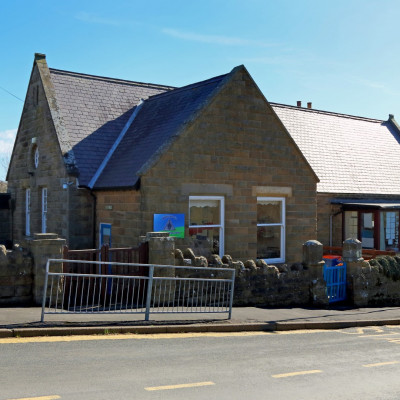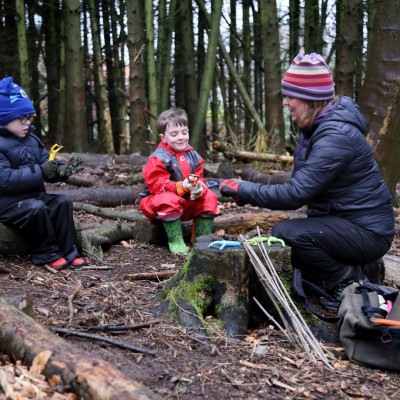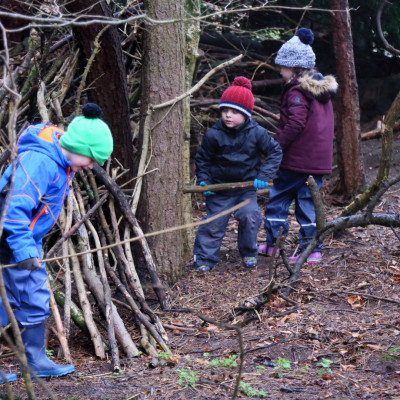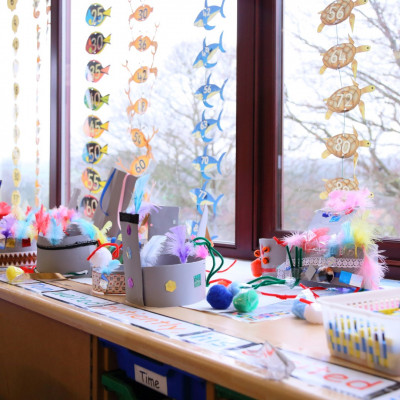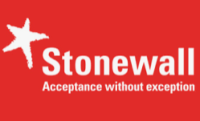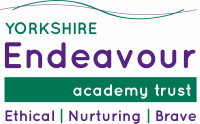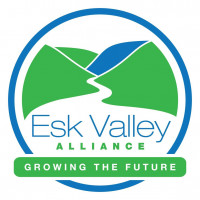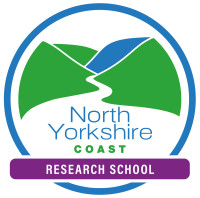Yorkshire Endeavour Academy Trust is a unique and exciting partnership that was formed in 2018 by five primary schools that have a long and successful track record of collaborative working. Each with significant expertise in supporting schools.
About our school
In this section...
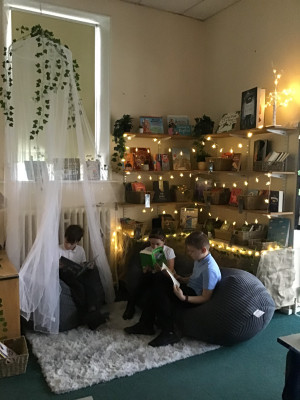 Reading
Reading
Reading is central to our whole curriculum. From the moment children enter our school, they are exposed to a wealth of high-quality texts and engaging reading experiences, feeding their imagination and instilling a lifelong love of reading.
We understand the importance of reading as a gateway to the curriculum and the wider world. We promote the benefits of reading using book recommendations, access to current periodicals and newspapers and through our reading buddy system, the children get to access a wide range of texts. Children develop settled reading habits by reading regularly for pleasure and research.
Our overarching aim is for our children to become fluent, confident readers, who develop a love of books and language that helps to equip them with the communication skills needed for their next steps in education and beyond.
Click here to read Our Reading for Pleasure Offer
|
Intent Curriculum design, coverage and appropriateness |
The intent behind our approach to Reading is:
|
|
Implementation Curriculum delivery Teaching (pedagogy) Assessment (formative and summative) |
Reading is implemented through a holistic approach, whereby children are reading across the curriculum. Children read every day, with the opportunity to read individually, in pairs and in small groups as part of a whole class session. Children have a broad and balanced reading diet, and are exposed to a range of genres and authors both 'Old and Gold' and 'New and Bold'. Our Whole-class reading approach provides a clear structure and sequence, allowing our children to frequently access all reading domains focused on VIPERS question strands– Vocabulary, Inference, Prediction, Explanation, Retrieval Our whole class reading lesson structure is:
The ongoing assessment of children’s reading progress is sufficiently frequent and detailed to identify any pupil who is falling behind. Teachers encourage reading for pleasure by:
|
|
Impact Attainment and progress (including national tests and assessments) |
The impact of our approach to Reading is that children are excited to read and frequently recommend and talk about their favourite authors and texts. In 2022 100% of our children achieved in year 1, year 2 and year 6. |
Phonics
All teachers have the highest expectation that children will become confident, proficient readers by the end of Key Stage 1 through our consistent implementation of our chosen Systematic Synthetic Phonics (SSP) Programme:
|
Intent Curriculum design, coverage and appropriateness |
The intent behind our phonics approach is to:
|
|
Implementation Curriculum delivery Teaching (pedagogy) Assessment (formative and summative) |
Phonics is implemented through the Little Wandle programme.
We are proud to be a Little Wandle Champion school, having met the 16 strands of excellence in the teaching of phonics and early reading. This means our children make accelerated progress in learning to read, evidenced through 5 consecutive years of 100% Phonics Screening Check passes. Daily phonics lessons in Reception and Year 1
Daily Keep-up lessons ensure every child learns to read Phonics is taught in a whole class approach. Any gaps in knowledge are addressed through individual and group interventions (additional to whole class phonics sessions) from the start of the year in order for children to ‘keep up’ with their peers. Therefore, the children then move through the phase groups as one group together. Regular progress meetings are held with all reading teachers to monitor children making slowest progress and half- termly monitoring from the Hub Lead. Children in danger of falling behind, or who are working behind the pace of the programme, are swiftly identified and enough additional support provided to enable them to keep up.
Teaching reading: Reading practice sessions three times a week
Ensuring consistency and pace of progress
Parental Involvement
The resources on this page will help you support your child with saying their sounds and writing their letters. There are also some useful videos so you can see how they are taught at school and feel confident about supporting their reading at home.
|
|
Impact Attainment and progress (including national tests and assessments) |
The impact of our consistent and systematic teaching of our phonics programme is that children become fluent and confident readers by the age of KS1. In addition, our Phonics Screening data was 100% in 2021. |
We are delighted that Yorkshire Endeavour English Hub is based at Lealholm school, one of only 34 English Hubs nationwide, funded by the Department for Education to support schools in achieving excellence in teaching reading and early language development. For more information about our English Hub, please visit: https://www.yeatenglishhub.co.uk/
We are proud to be a Little Wandle Champion school, having met the 16 strands of excellence in the teaching of phonics and early reading. This means our children make accelerated progress in learning to read, evidenced through 5 consecutive years of 100% Phonics Screening Check passes.
Here's what our children say:
"We really enjoy reading in our new reading corners! " .
"We are so lucky that our headteacher bought us each a book of our choice that we can share and enjoy!"
"We get to read our favourite books and try new ones too!".
